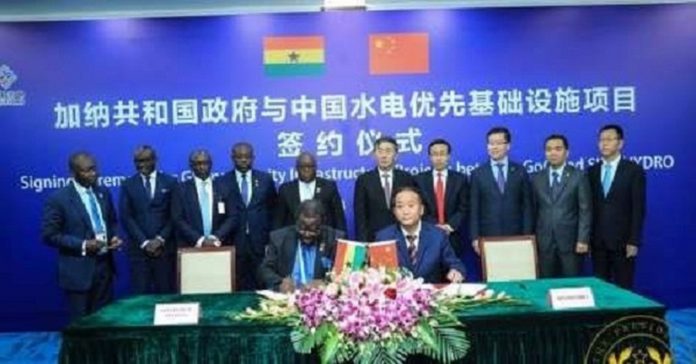Lauren Johnston, a Research Associate at the China Institute, School of Oriental African Studies of London University and a PhD holder in International Economics, has hailed Ghana’s multi-billion dollar Sinohydro deal with China.
The multi-billion dollar agreement she says is an exemplary model worth emulation by other African countries as it will in the long run reduce the financial woes of African economies.
Ms Lauren Johnston, in an essay to the Policy Forum, an international economic journal which brings together the world’s best essays, opinions and ideas on public policy in Asia and the Pacific, said Ghana’s deal is a complete departure from the traditional direct foreign currency loan from developed countries particularly China, in exchange for infrastructure as usually adopted by most African countries to fund infrastructure projects at the expense of sound fiscal management of their economies.
READ ALSO
“With low savings and foreign reserves, some states in Africa are struggling to secure investment for their development, but a recently announced policy model from the west of the African continent provides a potential way forward,” she wrote.
“The deal is a multi-billion dollar equivalent exchange of refined Ghanaian bauxite, a mineral crucial to aluminium production, in return for Chinese construction of infrastructure in the country,” she added.
Described as the ‘Angola model’, African countries in dire need of foreign currency to fund infrastructural projects go for direct foreign currency loan from China unlike the Ghana-Sinohydro arrangement which is not a direct foreign currency loan, but a direct batter trade with refined bauxite exchanged for its equivalent of infrastructure projects with no money exchanging hands.
“This new style of China-Africa (Ghana) barter arrangement is a step away from the recent and widely used ‘Angolan model’, Lauren Johnston further stated.
SEE THIS:
Hailing the Sinohydro deal by the government, the international economist recalled how Ghana, under the previous government, suffocated Ghana with debts with the hope of financing it with revenue accrued from oil production, a forecast which backfired when oil revenues failed to meet repayment requirements.
The Government in 2018 signed the Sinohydro deal with the Chinese Government, the deal will finance infrastructure projects in all sixteen regions of the country.
Priority projects such as road construction and rehabilitation, electricity extension to rural communities, hospitals among others are to be funded through the Sinohydro deal.

